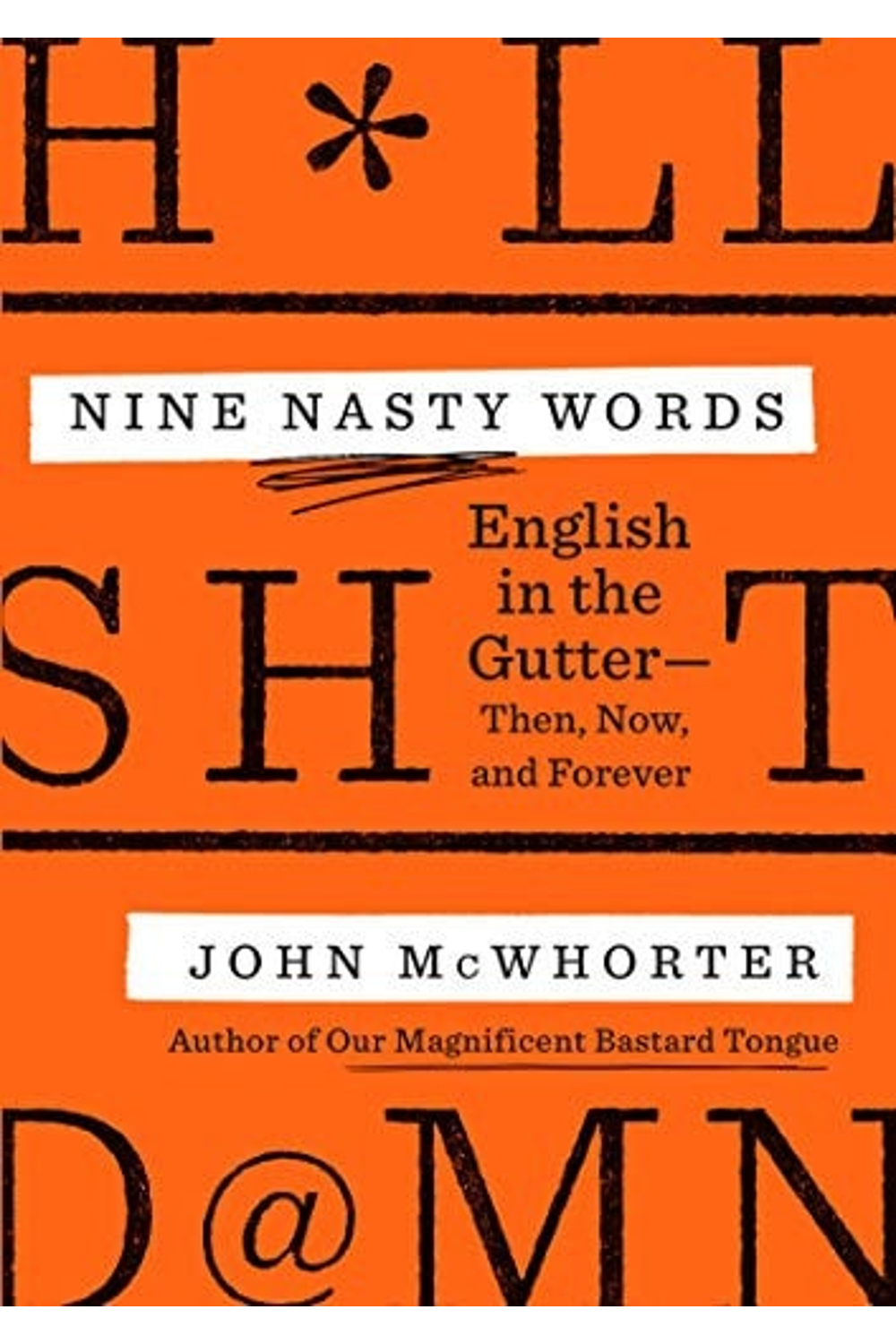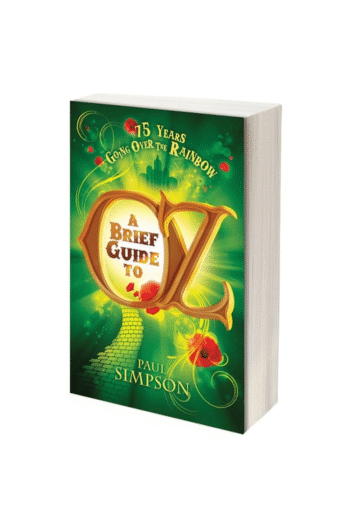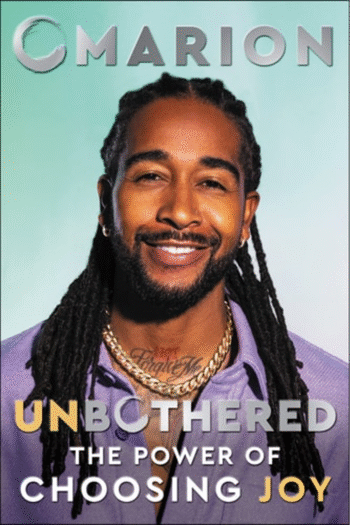Dive into the captivating and provocative world of curse words with John McWhorter’s *Nine Nasty Words: English in the Gutter: Then, Now, and Forever*. This New York Times bestseller isn’t just a glossary of profanity; it’s a linguistic and cultural journey led by one of today’s most insightful thinkers. McWhorter, known for his engaging and accessible style, unpacks the history, evolution, and surprising psychological power of our most taboo vocabulary. Explore the social, political, and emotional weight these “nasty” words carry, examining how their meanings have shifted throughout history and why they continue to pack such a punch. Drawing on etymology, sociology, and even neuroscience, McWhorter reveals how our brains process curse words differently, linking them to primal emotions and instincts. Discover the surprising origins of familiar expletives, uncover the cultural nuances of swearing across different societies, and challenge your own assumptions about language and its boundaries. More than just a study of bad language, *Nine Nasty Words* offers a fascinating reflection on human nature, social taboos, and the ever-evolving landscape of communication. Prepare to be enlightened, amused, and perhaps even a little bit scandalized by this thought-provoking exploration of the words we love to hate and hate to love. Perfect for language lovers, pop culture enthusiasts, and anyone curious about the hidden forces that shape our words and our world.
Nine Nasty Words: English in the Gutter: Then, Now, and Forever
22,98 $
In stock
A New York Times bestseller
One of the preeminent linguists of our time examines the realms of language that are considered shocking and taboo in order to understand what imbues curse words with such power–and why we love them so much.
Profanity has always been a deliciously vibrant part of our lexicon, an integral part of being human. In fact, our ability to curse comes from a different part of the brain than other parts of speech–the urgency with which we say “f&*k!” is instead related to the instinct that tells us to flee from danger.
Language evolves with time, and so does what we consider profane or unspeakable. Nine Nasty Words is a rollicking examination of profanity, explored from every angle: historical, sociological, political, linguistic. In a particularly coarse moment, when the public discourse is shaped in part by once-shocking words, nothing could be timelier.
Related products
-
Now We Are Past It
13,17 $
- Additional information
- Currencies
- USD – United States dollar
- EUR – Euro
- GBP – Pound sterling
- CNY – Chinese yuan
- BRL – Brazilian real
- MXN – Mexican peso
- JPY – Japanese yen
- PHP – Philippine peso
- THB – Thai baht
- PLN – Polish złoty
- CAD – Canadian dollar
- MYR – Malaysian ringgit
- AUD – Australian dollar
- TWD – New Taiwan dollar
- CZK – Czech koruna
- SEK – Swedish krona
- HUF – Hungarian forint
- ILS – Israeli new shekel
- CHF – Swiss franc
- HKD – Hong Kong dollar
- DKK – Danish krone
- SGD – Singapore dollar
- NOK – Norwegian krone
- NZD – New Zealand dollar





